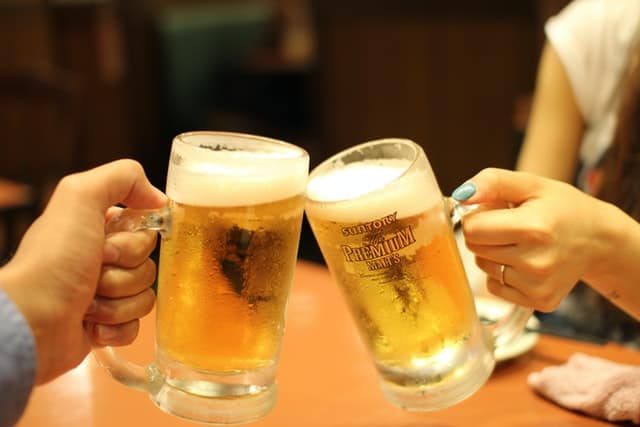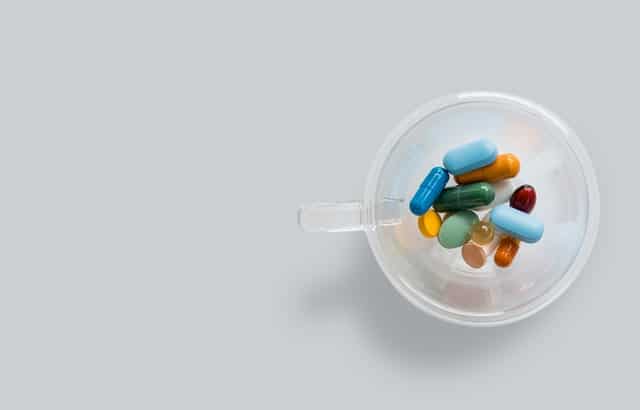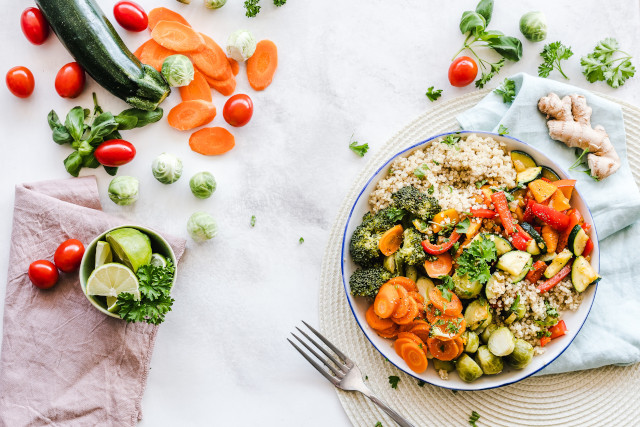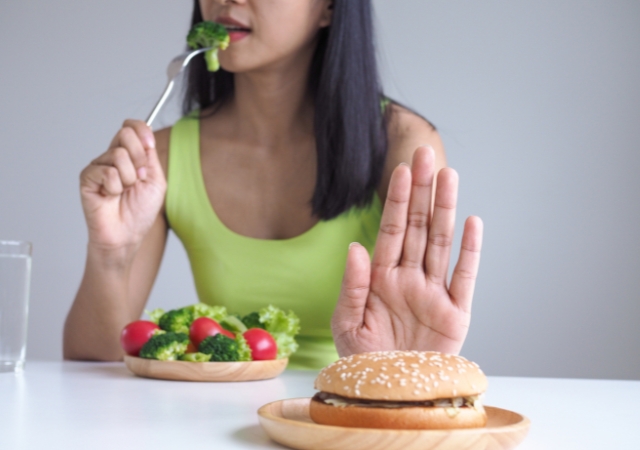
With the world slowly recovering from the pandemic-caused setback, we can finally start to enjoy going to places and doing the things we love pre-covid. As countries have placed safety protocols and vaccinations rolling out here and there, a good majority of us can celebrate the occasion in the best way we know; beers! Regardless of whether you drink lightly or heavily, there are several factors you should definitely consider, especially when you have diabetes.
In this article, we will be going through everything you need to on the correlation between beer and diabetes. This includes its effects, whether it can directly cause diabetes, drinking guidelines, and some tips to still be able to enjoy a refreshing glass of beer with your companions. So, enough chat, let’s dip right to it.
Contents
Can drinking cause diabetes?
In short, the answer is yes. If you have diabetes, drinking beverages containing alcohol such as beer can cause a fluctuation in your blood glucose levels. If you had one glass too many, this might cause chronic pancreatic inflammation that compromises normal insulin production and potentially leading to diabetes. This risk is particularly high for people with type 2 diabetes.
However, if you are a drinker, drink occasionally, given that your diabetes and blood glucose levels are in good or stable standings. When in doubt or if you have concerns about your drinking habits, consult with your local doctor to help you assess how much, how often you can drink beer, and on whether you need medications to regular blood glucose levels.
Effects of Drinking Beer/Alcohol

If you are a diabetic, it is essential that you be extra vigilant, especially when it comes to alcohol-based drinks, as alcohol may compromise your health. There are two primary reasons why you should be strict with this: one is that alcohol affects your liver functionality to regulate your blood sugar levels, two is that it may cause temperaments to your prescribed medications to manage diabetes. Here are some effects of drinking that you should be aware of:
Compromises liver functionality
The liver essentially functions as a stabilizer for your blood glucose levels by storing glucose in the form of glycogen, which will usually be broken down when you go hungry. Upon drinking a glass of beer, for instance, the liver is required to get rid of the alcohol from your blood, putting its primary function of controlling blood glucose levels on hold. If ever you know you have low blood sugar levels, do not consume alcohol for your health’s sake.
Tampers with diabetes medications
When you consume beer/alcohol, it can do two things to your body, that is causing your blood sugar levels to increase or decrease (this depends on how much volume you drink). There are several diabetes medications, particularly pills such as sulfonylureas and meglitinides, that are made to tone down blood glucose levels by stimulating the pancreas to produce more insulin to restore blood glucose levels to a more neutral state.
However, when you blend this medical reaction with the alcohol consumed, this may eventually cause an “insulin shock” or hypoglycemia, where your blood glucose levels are lower than usual. If ever this occurs, grab a quick snack to bring your blood glucose levels back up.
May act as a stimulant to the human body
As many people may have already experienced this once or twice before, consuming a specific or little amount of alcohol may cause you to become tipsy. This is where alcohol acts as a stimulant. In most cases, it tends to you feel more joyous or even talk more than you usually do. However, when you drink too much, this may cause body impairments, and this is an essential factor to keep in mind for people who have diabetes.
Blood glucose levels and Beer

Having an unregulated consumption of alcohol may interfere with the functionality and efficacy of blood-glucose-level-controlling hormones such as insulin and glucagon. As one continues to consume alcohol in unhealthy amounts, doing so may cause the depletion of insulin efficacy and, in worst cases, lead to alcoholic liver disease (or also commonly known as liver damage).
Aside from the fact that alcohol may cause blood glucose levels to drop, its nature as a stimulant may decrease a person’s attentiveness to how much he or she is drinking. A few common symptoms of low blood glucose levels include lightheadedness, headaches, blurred vision, and even getting knocked out unconscious.
Yeses and Nos when drinking beer for people with diabetes
As the wise and responsible reader you are being on this page, we have compiled a compilation of things you should and shouldn’t do when choosing to drink beer or alcohol. We highly recommend taking notes on this one.
Avoid consuming alcohol on an empty stomach at all costs (no exceptions here)
When you have already had some food before drinking, this hampers the absorption rate of alcohol into your blood. Hence, having a quick bite of some carbs or a filling portion from your meal plan is the way to go should you choose to drink some beer.
Monitor and check in with your blood glucose levels before drinking
When you have a health condition such as diabetes, keeping a close eye on your state is a wise move to ensure your wellbeing is well taken care of. Knowing whether it is safe or unsafe to drink based on your blood glucose monitor is critical to avoid unwanted health complications. This brings us to the next point.
Manage yourself by knowing when to draw the line
As the saying goes: “Too much of anything is never good for you,” the same goes for drinking, even when it means you should abstain from drinking (no matter how difficult it can be). However, in some instances, and after consulting with your local doctor on safe levels of alcohol consumption, drinking with a set limit is acceptable.
Generally, men with diabetes have a maximum of two beers/alcoholic drinks a day. In contrast, women have a maximum of one beer/alcoholic drink.
Drink at a slow pace
Knowing how much you can drink is one thing, but knowing your drinking pace is a whole other thing. When in social events, may it be a family gathering or a hangout with friends or coworkers, always ensure you have a bracelet with you that can alert people around you that you have diabetes.
Doing so helps them help you take the necessary actions in the case where you start experiencing hypoglycemic symptoms such as dizziness, sleepiness, or disorientation. These actions include consuming food with a handful of carbs or glucose tablets to restore your glucose levels to normal again.
A few good-to-know tips when drinking beer
According to the American Diabetes Association, these are some of the best tips for people with diabetes when having a sip of alcohol or beer:
- Never have beer as a substitute for food in your daily meal plan, and do not consider alcohol as an alternative to food for a source of carbs.
- Ensure you have plenty of zero-calorie drinks such as water
- As much as you can, try to consume low-alcohol beverages such as wine spritzers or light beers
- Do not drink mixed beverages and cocktails as they pack a punch on sugar levels and calories that may cause a spike in blood glucose levels in your body.
- Keep a lookout and avoid heavy craft beers due to their high alcohol content.
- If you would like a drink-mixer, opt for the calorie-free ones like diet soda, for example.
Though not all kinds of beer or alcoholic drinks have been mentioned in this article, it doesn’t make them an exception. Various drinks mean various calories and sugar contents, corresponding to how they may affect your blood sugar levels. A good rule of thumb is to always check the labels or ensure you opt for light beers.
Although it may seem like a killjoy for people with diabetes to not enjoy having the same number of glasses a normal person can drink, putting your health first is a priority above all else. This is so that you, too, can enjoy other beautiful things in life, such as being able to spend time with your family knowing your health is in check.
Generally speaking, a majority of people who have diabetes are still able to safely have an occasional drink, as long as they have eaten a proper meal before, of course. But before deciding to do anything in life, it is always a strategic move to be prepared for the unexpected.
If you have diabetes, and if your doctor has not already told you to do this, always have a handful of glucose tablets or pills in emergencies and regularly keep a close eye on your blood glucose levels. We hope this article may serve you well as a guide to keep in mind when drinking a beer or two. Cheers!





